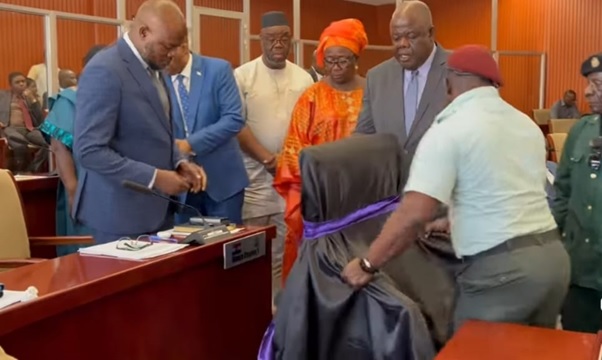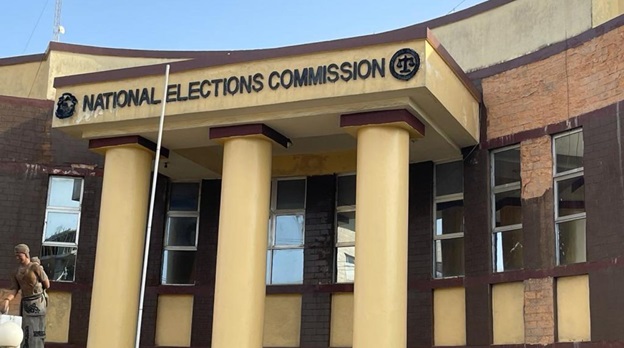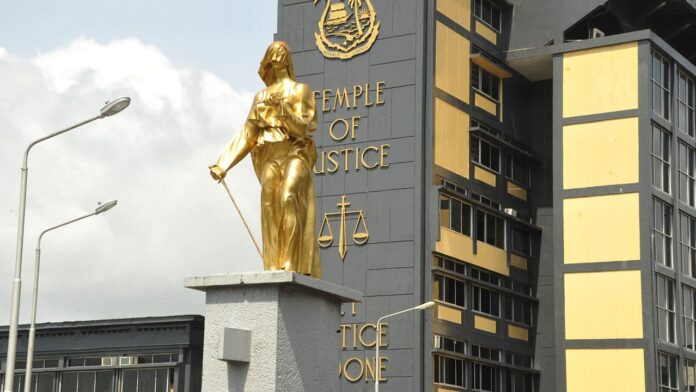MONROVIA – The Liberian Senate has approved a petition from the people of Nimba County to transfer the chair used by the late Senator Prince Yormie Johnson to a museum in Sanniquellie. The decision was reached following an appeal from Nimba Senator Nya D. Twayen Jr., who conveyed his constituents’ desire to honor the memory of their late political leader.
Senate Pro Tempore Nyonblee Karnga-Lawrence, in response to the request, acknowledged the importance of preserving the chair as a historical artifact. She emphasized that granting the people of Nimba access to the chair was a gesture of respect for the late senator’s longstanding service in the legislature. Following the Senate’s endorsement, the Sergeant-at-Arms removed the chair from the chamber, marking the beginning of its journey to Nimba, where it will be enshrined in the museum.
With Johnson’s passing, Senator Twayen has now assumed the senior ranking position for Nimba in the Senate, a role previously held by his predecessor. Johnson, who passed away on November 28, 2024, in Monrovia at the age of 72, was the longest-serving senator in Liberia’s recent political history. First elected in 2005, he remained in office until his death, securing re-election in three consecutive elections. He was laid to rest in Ganta on January 18, 2025, following a state funeral that lasted five days.
Despite his political influence, Johnson’s legacy remains controversial. His name was prominently listed in a 2009 Truth and Reconciliation Commission (TRC) report, which accused him of committing atrocities during Liberia’s civil wars. The commission documented his involvement in crimes such as mass killings, forced labor, torture, and other human rights violations. Although the report recommended his prosecution, Johnson never faced trial and instead solidified his role as a political power broker, shaping presidential elections through strategic endorsements.
His supporters view the Senate’s decision to transfer his chair to Nimba as a well-deserved tribute to his contributions to national politics. However, critics argue that such recognition overlooks his history of wartime violence and reinforces a culture of impunity in Liberia. The move reflects the enduring divide in how Liberians perceive Johnson—a regional hero to some and a symbol of unresolved justice to others.







